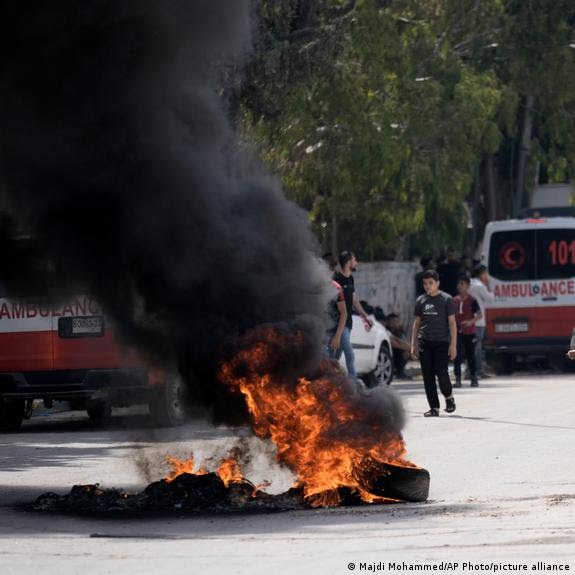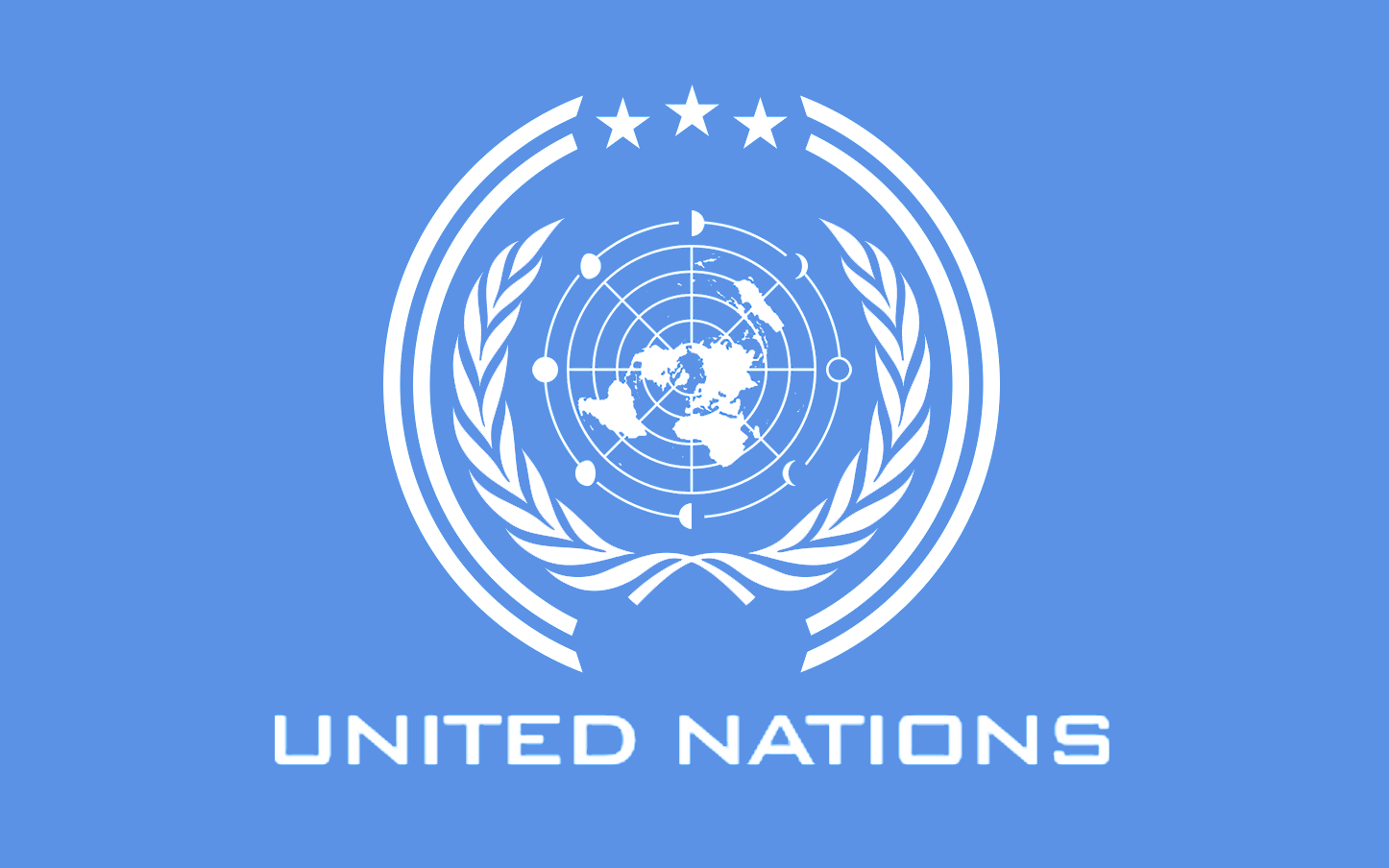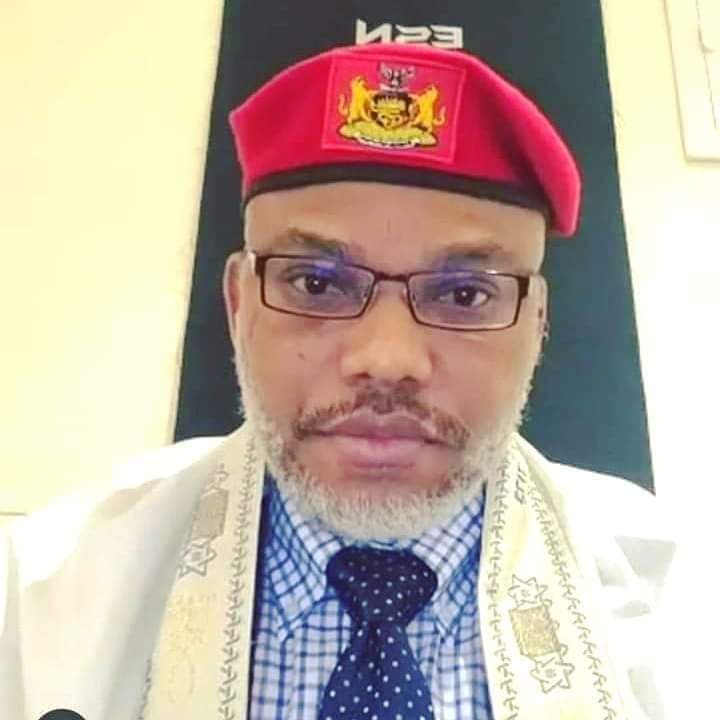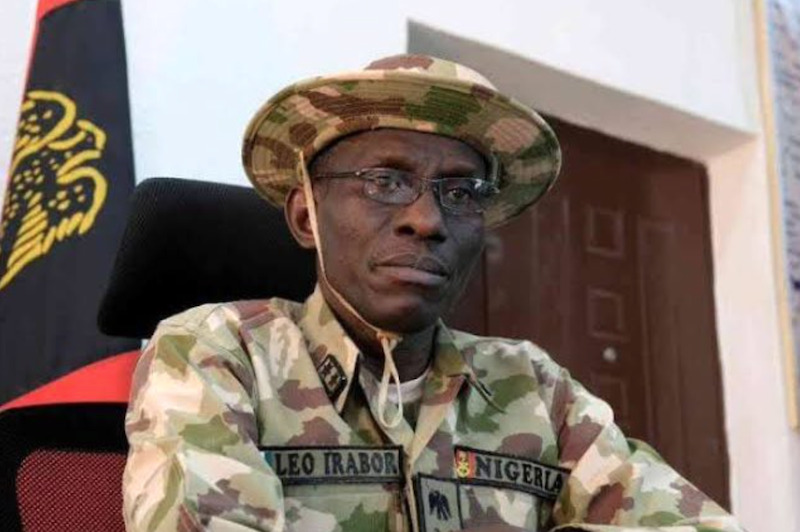Number of people suffering from severe malnutrition in Tigray, the war-torn region of northern Ethiopia, has risen sharply and the situation is set to worsen, according to the UN.
In a report released on Monday, OCHA, the UN humanitarian agency, estimates that some 8.8 million people need food aid in northern Ethiopia, not counting the millions more affected by drought in the south and southeast.
An agreement signed in November 2022 between the government and Tigrayan rebels ended two years of conflict, allowing aid to arrive slowly, but the region reported “a sharp increase in cases” of patients suffering from complications due to undernutrition.
In April 2023, compared with April 2022, “admissions for severe malnutrition in Tigray increased by 196%”, according to the report, which points out that these figures may be “partly attributable to improved access to health facilities”.
Across the country, OCHA notes a 15% increase in “admissions for acute malnutrition” between January and April, compared with the same period in 2022.
In Tigray, the UN agency also fears “a worsening of food insecurity among vulnerable population groups, following the suspension of food distributions due to reports of significant detour of humanitarian food aid”.
The UN’s World Food Programme, WFP, and USAID, the US development agency, suspended food aid to Africa’s second most populous country in June, believing that a large proportion of the food was being diverted.
The “temporary pause in food aid to Tigray” is having a “negative impact on already high malnutrition rates”, deplores OCHA.
Some six million Tigrayans have been suffering from food shortages for over two years. Last month, local residents told the media how difficult it was to feed their families, sometimes eating only one meal in 24 or even 48 hours.
During the war, UN investigators accused the Ethiopian government of deliberately starving civilians by imposing a blockade on the region. At the time, humanitarian NGOs spoke of famine conditions.
The Ethiopian government denied this, accusing the Tigray rebel authorities of requisitioning food aid for their war effort.
A temporary pause in the fighting, between March and August 2022, allowed some goods to arrive in the devastated region before renewed violence. The guns finally fell silent in November.
Some 20 million people in Ethiopia depend on food aid, according to OCHA.









